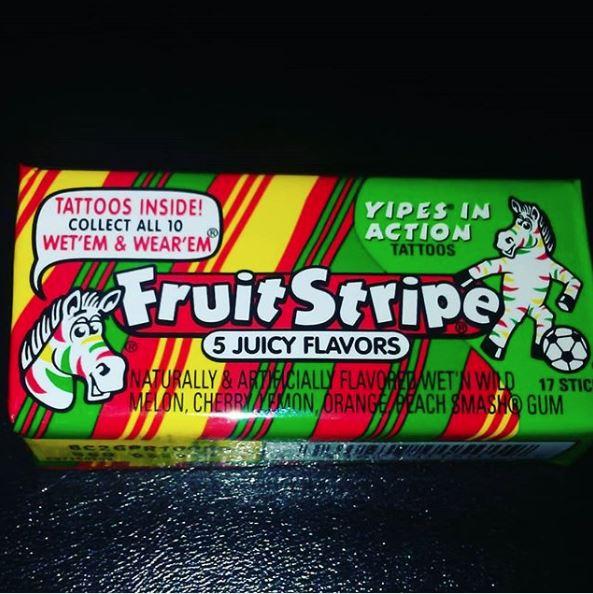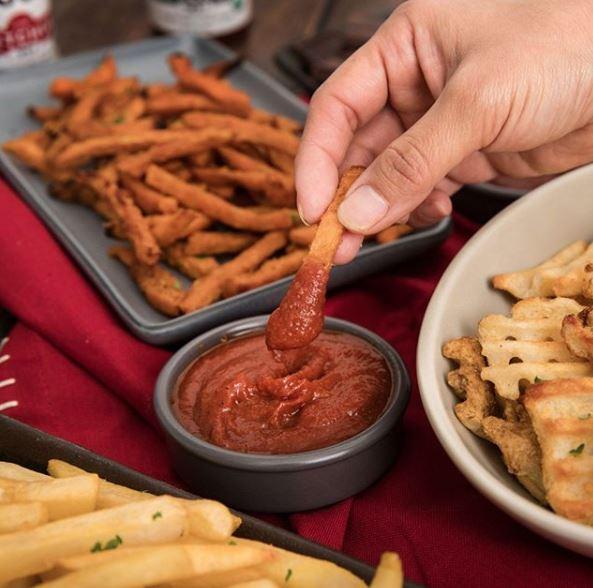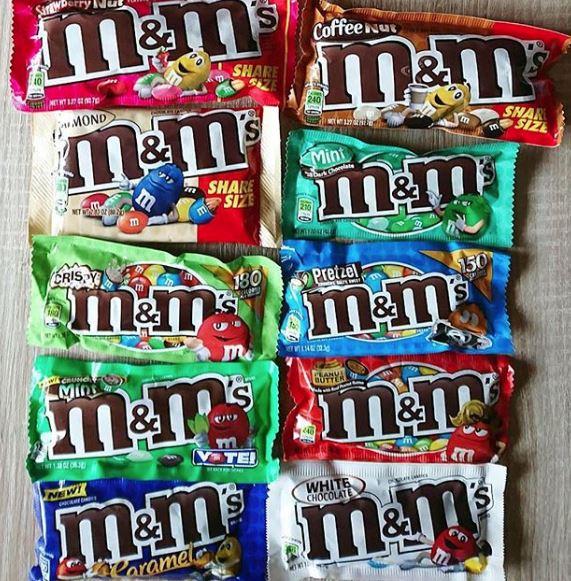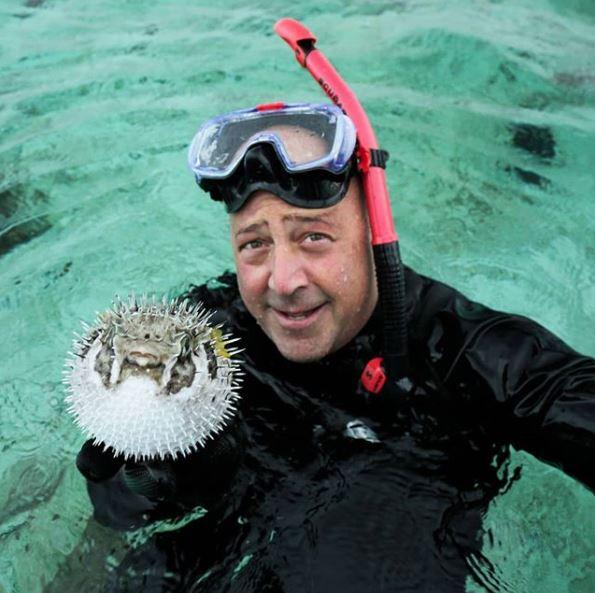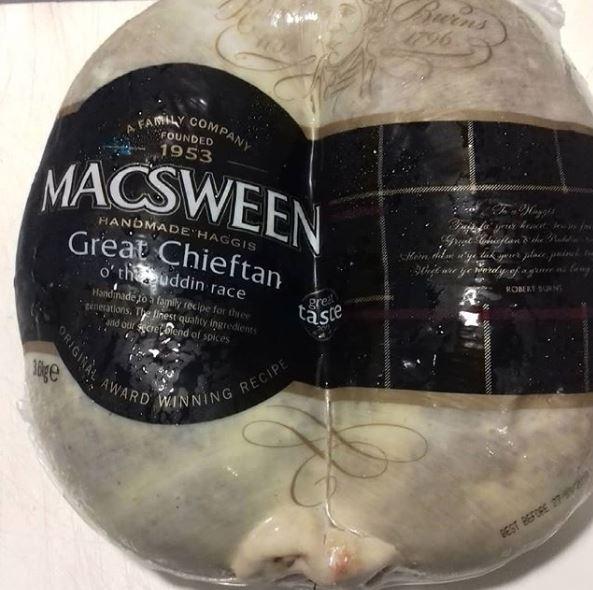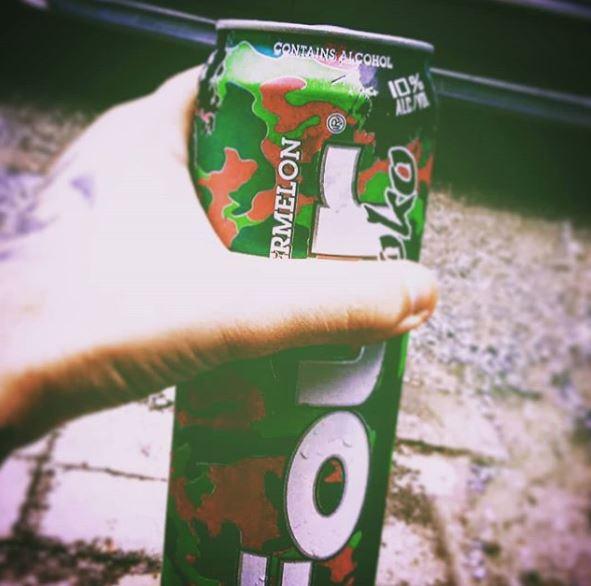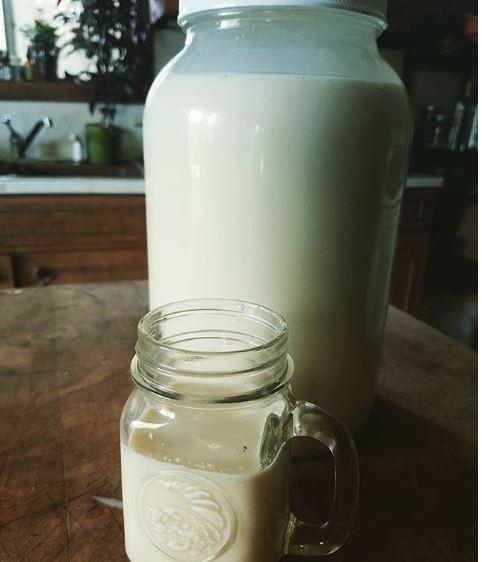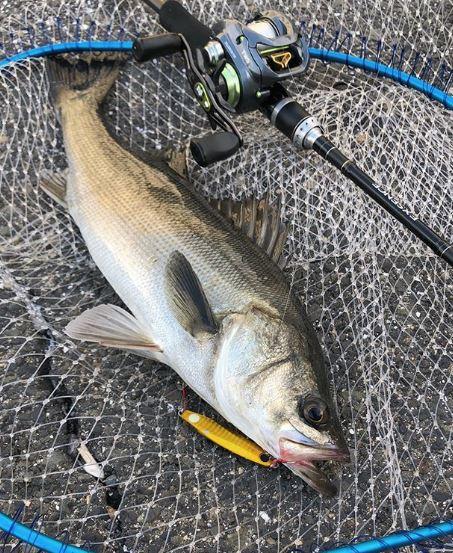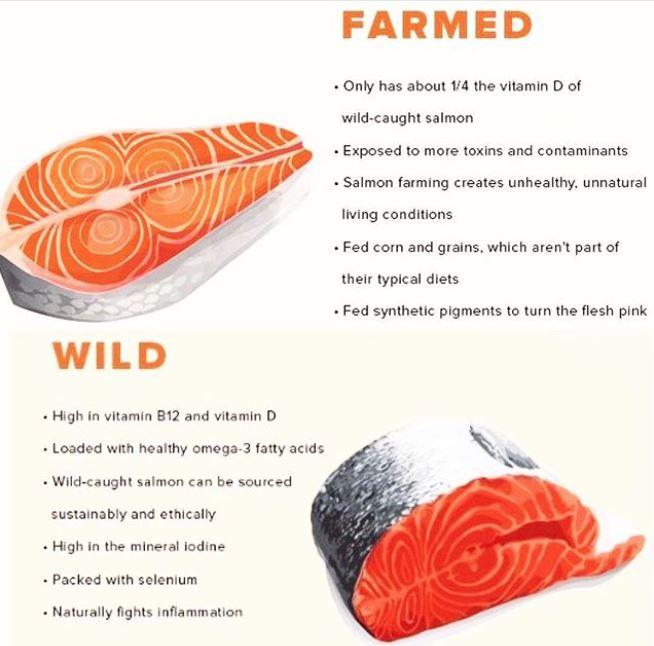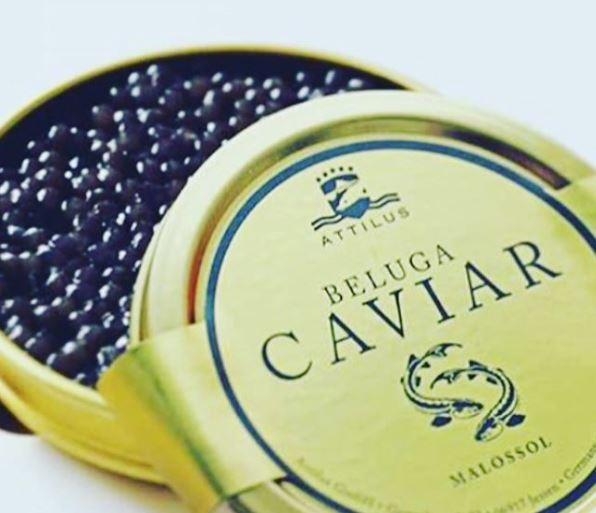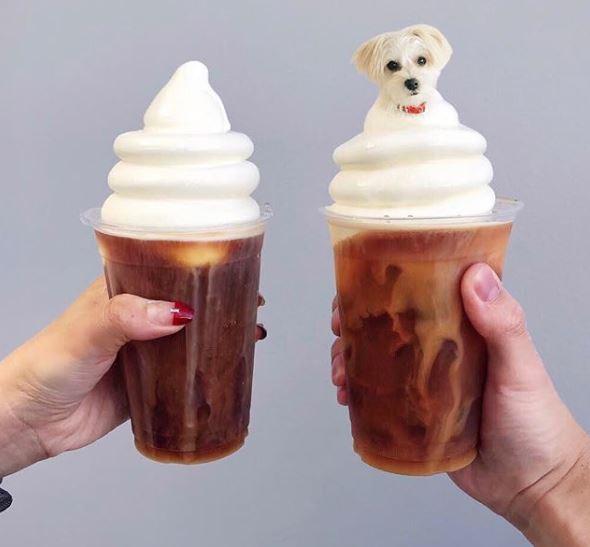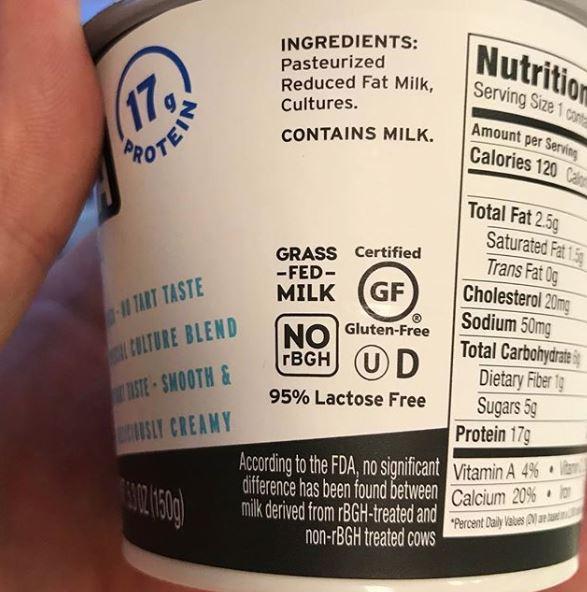These Foods Are Banned In Different Countries, Some For Strange Reasons
Updated Oct. 8 2018, 10:00 p.m. ET
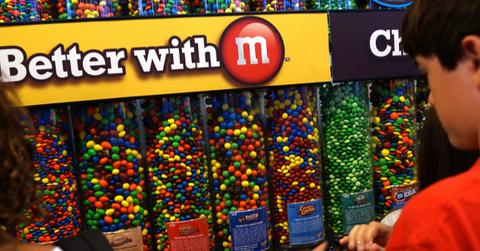
One of the most annoying/enjoyable parts about being human is that you have to/get to eat and drink stuff.
Personally, I wish we were like robots and never had to waste our time meal-prepping or going out to eat and just doing all sorts of other things that don't involve masticating and worry about what I'm putting inside my body. But I can't think about that too much or my head will explode. I'm stuck being a human and all of the trappings that come alone with it.
Since your diet has a huge impact on your overall health, then it makes sense that a lot of governments are making sure that food companies aren't cutting corners and putting out harmful products that are ultimately going to give its citizens a bunch of nasty diseases in the name of short-term profits. It's a big reason the FDA was founded in America back in the day - because people were being sold nasty meat and milk. It wasn't a pretty time for our nation.

But there are various reasons some foods are banned in countries - some of them have to do with cultural and legal reasons more than health issues.
This specific kind of Kinder Surprise Egg, in the US, for example, is banned for posing a choking hazard to children.
The hollowed chocolate egg with the toy inside can't be sold stateside. That doesn't mean there aren't some Kinder treat-toy combos sold in America. My son is particularly fond of the nutella, split-eggs that still pack a toy. It's not the same, but he still loves them.
If you're a fan of foie gras and are hoping to get the delicacy in California, well, you're out of luck.
In order to get a duck's liver extra fatty, the farm-raised mallards have feeding tubes jammed down their throats, forcing them to eat so their livers get nice and plump. The inhumane treatment of the animals rubs not only the Golden State the wrong way, but Italy, India, Denmark, Finland, Poland, Germany, Norway, and Israel as well - they've all banned the sale of foie gras.
If you love chewing gum, then you're going to have to kick the habit when you're in Singapore.
The country prides itself on staying clean, and you can't accomplish that with a bunch of nasty gum chewers spitting their wads on the street. If you're a bodega owner caught selling the stuff, you'll get fined $1,000. That's a lot of Fruit Stripe.
Ketchup is severely restricted in France.
French cuisine is all about the sauce, and since the country is pretty much known as the gastronomical capital of the world, it only makes sense that they'd want to preserve the integrity of their amazing sauces. Which means that ketchup can't just be slathered on anything. School children, for example, can only have french fries served with ketchup once a week, but don't expect to find the condiment on anything else.
M&Ms aren't welcome in Sweden.
The chocolate-coated confection is too similar to another "M" candy that's been manufactured in Sweden since 1957. Because the M&M's name is too similar to the "M" brand, Mondelez objected to the sale of them in the country - they pleaded their case and won.
Fugu blowfish is illegal to eat in the United States due to its toxic nature.
Only specially licensed chefs are allowed to the serve the delicacy as parts of the pufferfish contain tetrodotoxin, which is 1,200 times more deadly than cyanide. You'll die rather quickly if you accidentally ingest it, so it makes sense that you'd want someone who knows exactly what they're doing before serving it to you.
Haggis might be a Scottish delicacy, but in the US, it's been illegal to serve since 1971.
The department of agriculture ruled against eating a livestock's lungs, which is a key ingredient in the Scotch delicacy, along with a sheep's heart and liver.
OG Four Loko.
It turns out the original formula of Four Loko packed too much alcohol and caffeine into the same package, making it an amazing party drink, but also, a dangerous amalgamation that made getting alcohol-poisoning super easy. It's still available today, but with a modified ingredients list.
Raw milk is a no-no in America.
If dairy isn't pasteurized in America, retailers and restaurants can't sell it because the risk of illness is too high. That doesn't stop people from drinking it straight from the tap themselves, however.
Sea bass, Celtic cod, and Irish sole is being fished to near-extinction in Great Britain.
As a result, there's been a proposal to ban the sale of the fish in restaurants in the British empire.
Farm-raised salmon cannot be sold in Australia and New Zealand.
The Environmental Defense fund has listed a number of concerns regarding the sale and growth of "Atlantic Salmon", which is just a euphemism for the farm-raised variety of the species.
Beluga caviar cannot be sold in the United States legally.
Beluga caviar's been illegal stateside since 2005 in an effort to help protect the sturgeon population.
Sassafras oil is carcinogenic, and it used to be a prime ingredient in root beer floats.
The oil was discovered to cause kidney and liver damage and it also has hallucinogenic properties similar to MDMA. They're not used in floats today, although drinking one and going on a roll sounds like an amazing way to spend a Saturday night, minus the organ failure.
Shark Fin soup because it's disgustingly inhumane.
California banned the sale of Shark-Fin soup because of the way the fins are harvested: sharks are hunted and killed, have their fins lopped off, and their bodies are thrown into the ocean, alive. They die slow, agonizing deaths. The rest of the country is expected to outlaw this practice along with the state of California.
The rBGH hormone is linked to increased risks of cow disease.
The hormone was designed to help cows produce more milk, but not without some side effects. Cows treated with the hormone were discovered to have a higher resistance to anti-biotics, making them more likely to becomes diseased. Meaning the milk one drinks from them could be rife with bacteria that you wouldn't want to imbibe. Israel, the European Union, and Canada have all banned the use of rBGH in its livestock.
What are some other "banned" foods that are missing from this list that struck you as odd?
